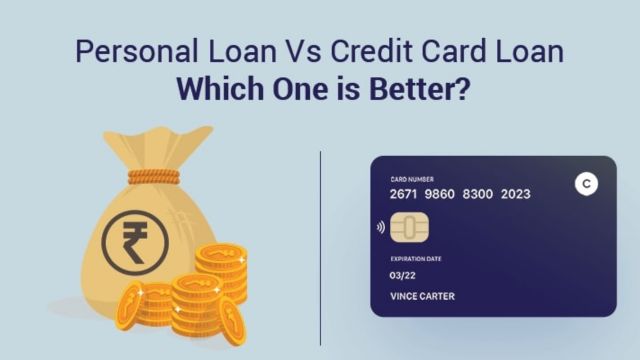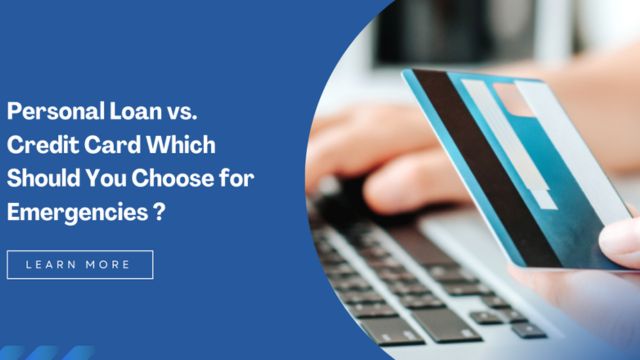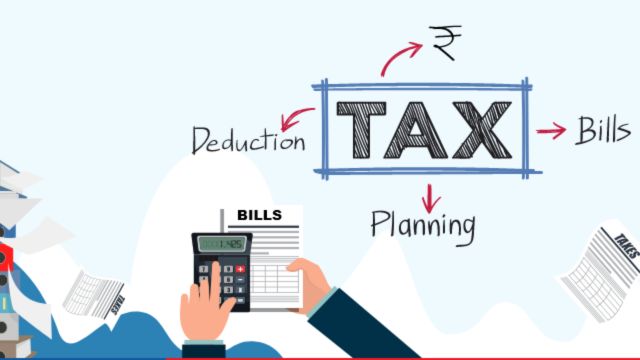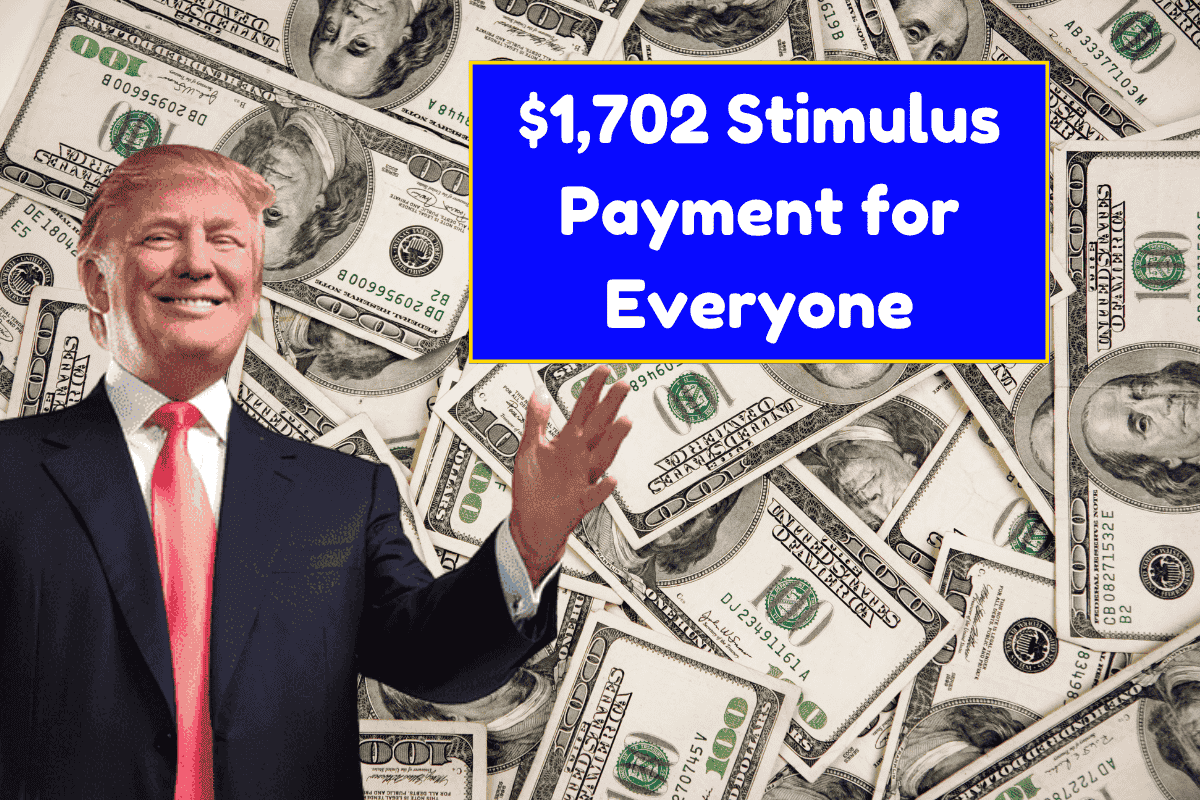Unexpected financial crises might leave people in urgent need of quick money. Credit cards and personal loans are two often used sources of emergency money. Although both have benefits and disadvantages, which one would be more dependable in a recession? To enable you to decide with knowledge, this essay looks at the advantages and drawbacks of every possibility.
Understanding Personal Loans
Repayment of a personal loan—a lump sum borrowed from a bank, credit union, or internet lender—is fixed monthly over a designated period. Personal loans can be secured—that means collateral—or unsecured—that means none at all.
Benefits of Personal Loans for Emergency Funds:
- Fixed Interest Rates: Personal loans typically come with fixed interest rates, providing predictable monthly payments that make budgeting easier.
- Larger Loan Amounts: Personal loans can provide access to higher loan amounts, making them suitable for significant expenses such as medical bills or home repairs.
- Longer Repayment Terms: Loan repayment periods can range from one to five years, reducing the financial strain of immediate repayment.
- Lower Interest Rates: For borrowers with good credit, personal loans often offer lower interest rates than credit cards, making them a cost-effective option for large expenses.
Where to Apply for Personal Loans:
- BankBazaar – Compare personal loan offers from leading banks and NBFCs.
- MoneyTap – Access instant personal loans with flexible repayment options.
- PaySense – Personal loans up to ₹5 lakhs with quick approval and minimal documentation.
Understanding Credit Cards
A credit card provides a revolving line of credit up to a specified limit, allowing users to borrow funds for purchases, cash advances, or balance transfers. Credit cards require a minimum monthly payment, with interest charged on unpaid balances.
Benefits of Credit Cards for Emergency Funds:

- Instant Access to Funds: Credit cards provide immediate access to funds without the need for loan approval, making them ideal for urgent, small-scale expenses.
- Reward Points and Cashback: Many credit cards offer reward points, cashback, or discounts on purchases, providing added financial benefits.
- Interest-Free Period: Credit cards typically come with a 30-45 day interest-free period, allowing users to repay the borrowed amount without incurring interest charges.
- Credit Building: Responsible use of credit cards can help improve credit scores, increasing eligibility for future loans or credit lines.
Where to Apply for Credit Cards:
- HDFC Bank – Offers credit cards with cashback, rewards, and emergency cash options.
- ICICI Bank – Provides credit cards with quick approval and minimal documentation.
- Axis Bank – Features credit cards with emergency fund facilities and flexible repayment plans.
Personal Loans vs. Credit Cards: Key Differences
| Factor | Personal Loans | Credit Cards |
|---|---|---|
| Loan Amount | Higher loan amounts available | Limited to credit limit |
| Interest Rate | Fixed, generally lower | Variable, generally higher |
| Repayment | Fixed monthly installments | Flexible, minimum payments |
| Approval Time | 24-48 hours | Instant or within a few hours |
| Collateral | Required for secured loans | Unsecured |
Which Option Is More Reliable for Emergency Funds?
Personal loans are more suitable for large, planned expenses, such as medical emergencies, home repairs, or debt consolidation. The fixed interest rates and longer repayment terms make them a viable option for managing substantial financial needs without the risk of escalating interest charges.
On the other hand, credit cards are more effective for small, short-term emergencies, such as car repairs or urgent travel expenses. The immediate access to funds and interest-free period can be advantageous, but only if the borrowed amount is repaid in full within the billing cycle to avoid high interest rates.
Recommended Approach
- Opt for a personal loan if you require a substantial amount of money with a structured repayment plan.
- Consider a credit card if you need quick access to funds and can repay the borrowed amount within the interest-free period.
For further assistance and financial planning, explore the following platforms:
- IndiaLends – Comprehensive comparison of personal loans and credit cards.
- RupeeRedee – Quick access to personal loans and emergency credit options.
- CRED – Manage credit cards, pay bills, and earn rewards.
Would you like me to add more financial resources or suggest specific programs related to personal loans and credit cards in other countries?
Discover the latest government schemes, financial programs, and welfare initiatives that can make a difference in your life. Visit DigitalIndiaMIB.com to access verified information, apply for schemes, and stay updated with the latest opportunities.
FAQ
Can Personal Loans Be Used For Any Purpose?
Yes, personal loans are typically unsecured, allowing borrowers to use the funds for various purposes, including medical emergencies, home repairs, or debt consolidation.
How Does Loan Tenure Affect Interest Rates?
Longer loan tenures often result in lower monthly payments but may increase the overall interest paid, making it crucial to assess your repayment capacity carefully.
What Happens If I Miss A Credit Card Payment?
Missing a credit card payment can lead to late fees, higher interest rates, and a negative impact on your credit score, affecting future loan eligibility.
Are There Hidden Charges In Personal Loans?
Yes, some lenders may charge processing fees, prepayment penalties, or late payment fees. Always review the loan agreement for a clear understanding of all applicable charges.
Can I Use Multiple Credit Cards For Emergencies?
Yes, but using multiple credit cards can lead to high-interest debt. It is advisable to manage spending carefully and prioritize repayment to avoid financial strain.













